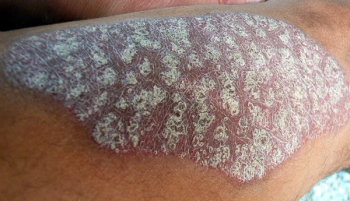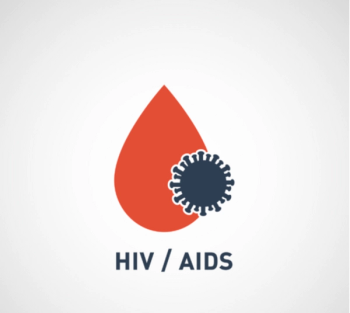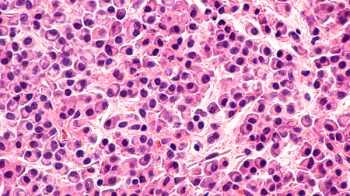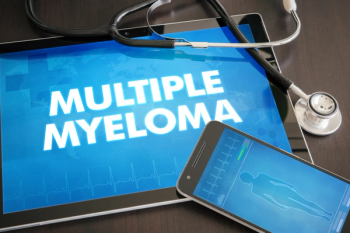
Dupilumab is a fully human monoclonal antibody that inhibits the signaling of the interleukin-4 (IL-4) and interleukin-13 (IL-13) proteins.

Dupilumab is a fully human monoclonal antibody that inhibits the signaling of the interleukin-4 (IL-4) and interleukin-13 (IL-13) proteins.

Risankizumab-rzaa (Skyrizi, AbbVie) is approved for the treatment of moderate-to-severe plaque psoriasis among adults who are candidates for systemic therapy or phototherapy.

Evinacumab-dgnb is the first FDA-approved treatment that binds to and blocks the function of angiopoietin-like 3, a protein that plays a key role in lipid metabolism.

It is important for health care providers to explain compliance to these regimens to patients, both from a clinical and cost perspective.

Cabenuva, the first long-acting injectable for the treatment of HIV, is a 2-drug copackaged product containing cabotegravir and rilpivirine.

Semaglutide (Ozempic) is a glucagon-like peptide 1 receptor agonist, approved as an adjunct to diet and exercise to improve glycemic control in adults with type 2 diabetes.

In March, the FDA approved dasiglucagon (Zegalogue) for the treatment of severe hypoglycemia in people with diabetes aged 6 years or older.

Ssatuximab (Sarclisa, Sanofi) is used in combination with carfilzomib and dexamethasone for patients with relapsed or refractory multiple myeloma.

Treatment options include medications and recommendations to improve hygiene.

Melphalan flufenamide (Pepaxto; melflufen) is approved for use in combination with dexamethasone to treat adult patients with relapsed or refractory multiple myeloma.

The norepinephrine reuptake inhibitor indicated for patients aged age 6 to 17 years recently received FDA approval.

Erenumab-aooe (Aimovig, Amgen) is indicated for the preventive treatment of migraine in adults, making it the first approved preventive migraine treatment of its kind.

Vericiguat (Verquvo, Merck) is indicated to reduce the risk of cardiovascular death, heart failure hospitalizations, or the need for outpatient intravenous diuretics.

HIV is currently not curable but can be controlled with effective treatment options to allow patients to live a healthy life with better quality.

Tivozanib was the first therapy approved by the FDA for adult patients with relapsed or refractory advanced renal cell carcinoma following 2 or more prior systemic therapies.

The drug is indicated to reduce the risk of cardiovascular death, HF hospitalizations, or the need for outpatient intravenous diuretics.

Risk factors for norovirus include eating foods in non-sanitary places and attending childcare centers or preschools.

Between 5% to 10% of these lesions will develop into squamous cell carcinoma, a potentially invasive type of skin cancer.

Although getting older is a normal physiological process that affects all humans, patients with progeroid syndromes experience the process in a greatly accelerated manner.

Treatment options include anti-inflammatory and anti-itch drugs, as well as medications that suppress the immune system.

More and newer treatment options mean that patients will benefit from various regimens and strategies.

High blood pressure reduces heart function and worsens comorbidities such as diabetes, kidney disease, and vascular disorders.

A new combination therapy cleanses the colon before this important procedure that screens for colorectal cancer, the third-leading cause of cancer-related deaths in the United States.

Pharmacists should familiarize themselves with these therapies to help patients lessen the risk of emergency department visits and hospitalizations.

By reducing the need to be seen by a provider first, patients can treat infestations earlier, increasing the chance of treatment success.

For patients with type 1 and type 2 diabetes, these computerized devices offer a break from conventional daily injections, while allowing patients to still reach and maintain their A1c levels and blood sugar targets.

In recent years, many improvements have been made in the continuous glucose monitoring arena for individuals with diabetes, and there are more products on the horizon.

Most women with breast cancer receive treatment post surgery, such as chemotherapy, hormone therapy, and radiation. Targeted therapy is useful against cancers that have spread to distant parts of the body.

Elderly patients and infants with dysphasia who cannot or will not swallow solid medications can take liquid or sprinkle ones.

The key to better outcomes for patients with MS is to address it early.